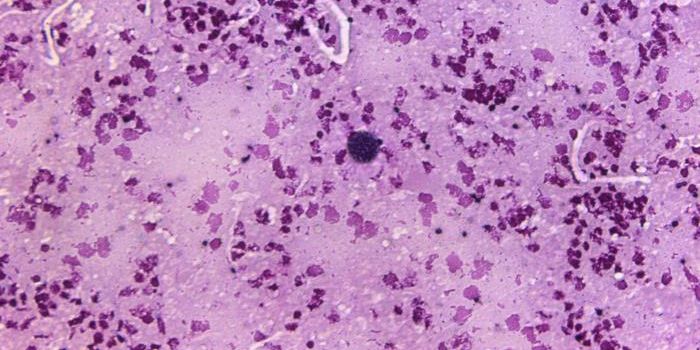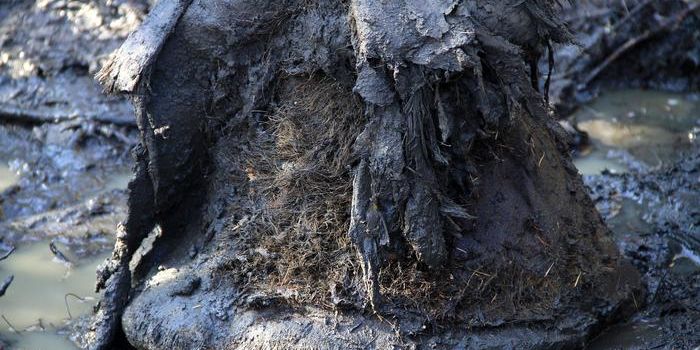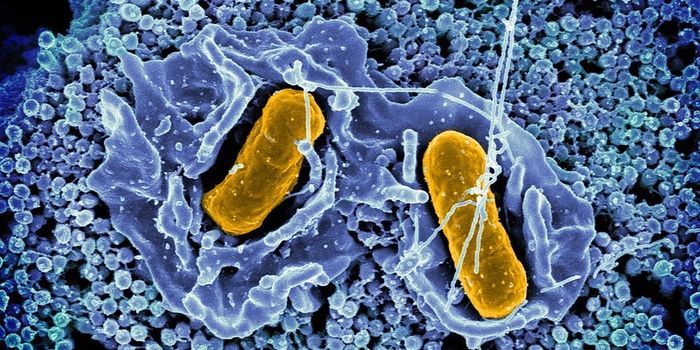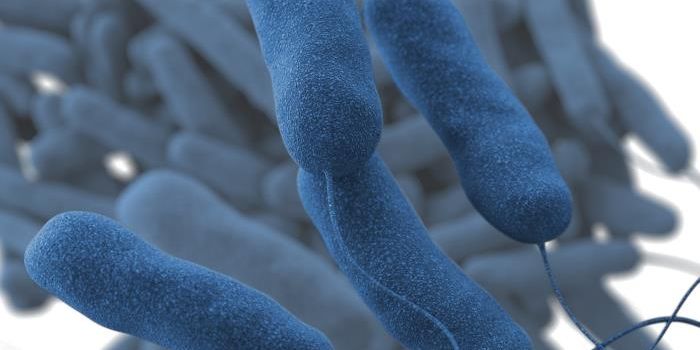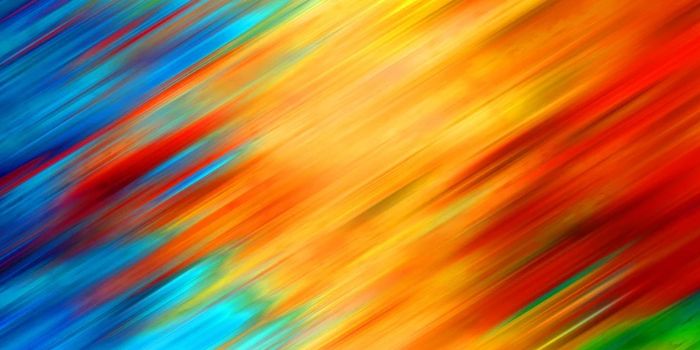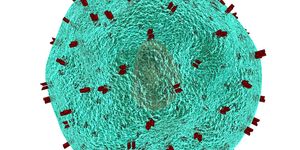A Virus That can Help Ensure Water is Clean
It’s estimated that 780 million people worldwide don’t have access to clean drinking water, and contaminants in the water like Escherichia coli bacteria can make people very sick. To make it easier for people to know when their water has been contaminated with E. coli, researchers at Cornell University have created a test that can be used on the spot, instead of having to send samples off to a lab and then wait days for the results to come back. Their work has been reported in The Royal Society of Chemistry.
"Drinking water contaminated with E. coli is a major public health concern," said Sam Nugen, Ph.D., Cornell associate professor of food science.
The researchers have employed a virus that infects a bacterium, a bacteriophage, that they genetically modified with a detection system.
"These phages can detect their host bacteria in sensitive situations, which means we can provide low-cost bacteria detection assays for field use - like food safety, animal health, bio-threat detection and medical diagnostics,” explained Nugen.
One bacteriophage in particular, T7NLC, has a gene called NLuc luciferase; it encodes for an enzyme that emits a glow. (It is similar to a protein in fireflies.) In the bacteriophage, the luciferase is connected to a sugar. When the E. coli bacterium is infected by the bacteriophage, the phage DNA is shot into the bacterium, and the fusion enzyme is generated. "That is the beginning of the end for the E. coli," said Nugen.
The phage rips the bacterium open, releasing the fusion enzyme, which then glows. Additional phage particles are also released, which can infect other E. coli bacteria. The fusion enzyme has a sugar on it, which will make it stick when it's passed through filter paper. The contamination can then be seen.
"This bacteriophage detects an indicator. If the test determines the presence of E. coli, then you should not be drinking the water, because it indicates possible fecal contamination,” explained Nugen.
The work on this bacteriophage is ongoing; first author Troy Hinkley is a graduate candidate at Cornell that has gotten an internship at Intellectual Ventures/Global Good. They are interested in a philanthropic project to develop this bacteriophage so it can be used in a humanitarian effort.
Technology that uses phages as a detection system is important to Hinkley and others who want to apply their work where it can make a simple change that can make people’s lives much better. "Global Good invents and implements technologies to improve the lives of people in the developing world. Unfortunately, improper sanitation of drinking water leads to a large number of preventable diseases worldwide,” said Hinkley.
"Phage-based detection technologies have the potential to rapidly determine if a water source is safe to drink, a result that serves to immediately improve the quality of life of those in the community through the prevention of disease," he added.
Learn more about how long a person can survive without access to clean water from the video above, by UNICEF.
Sources: AAAS/Eurekalert! via Cornell University, CDC, Analyst/The Royal Society of Chemistry

